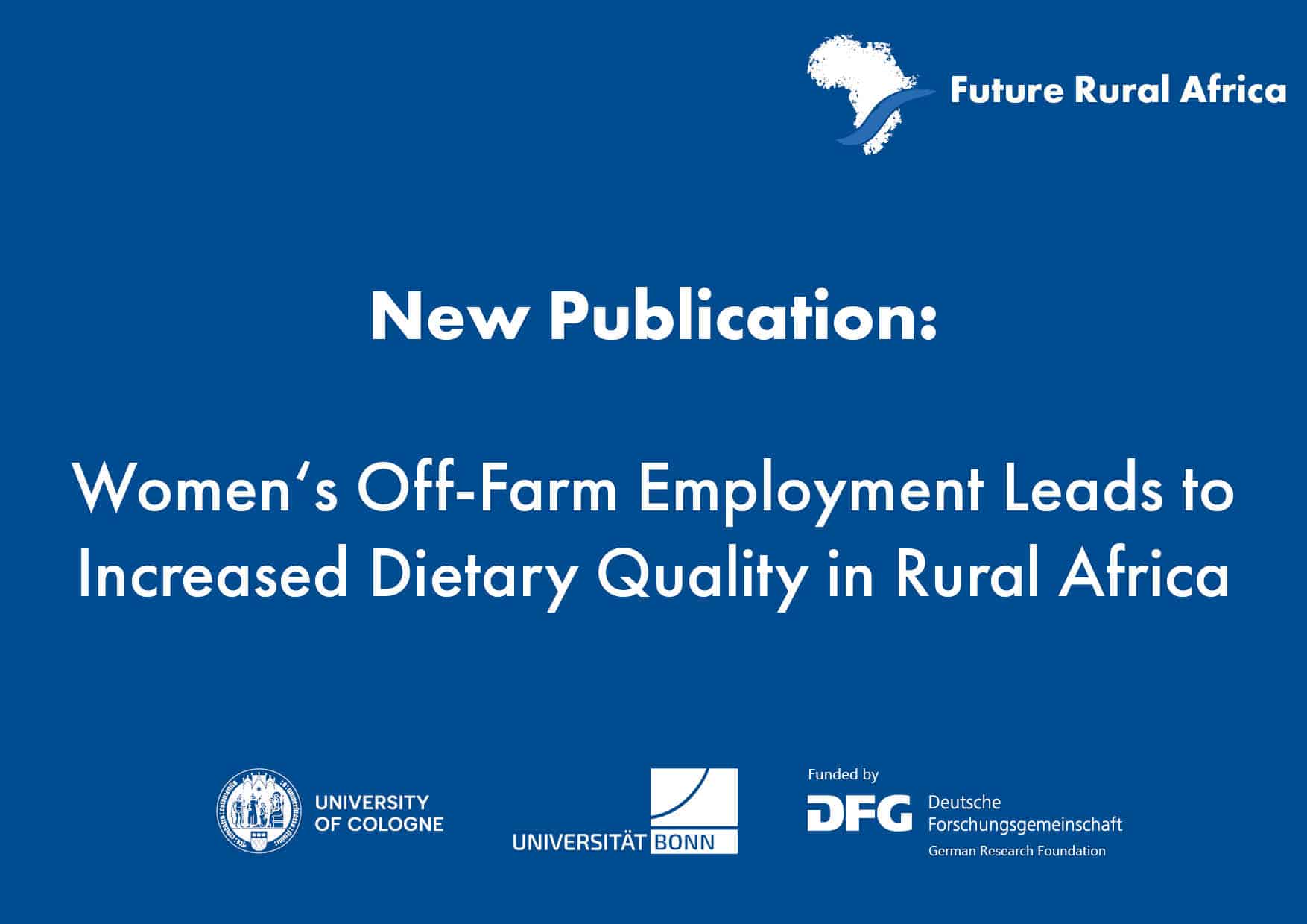Thinking about technological innovations in the field of development, this latest book by Arturo Escobar – one of the most famous post-development thinkers – offers an interesting take on the relevance of design thinking. As the author states, this book is about “the practical potential of design to contribute to the profound cultural and ecological transitions seen as needed by a mounting cadre of intellectuals and activists if humanity is to face effectively the interrelated crises of climate, food, energy, poverty, and meaning’ (Escobar 2018, x). Designing technologies also means to create ways of being. In opposition to modernist design, characterized mainly by its functionalist and rationalistic approach and its “defuturing effects” (Fry 1999), the book argues for designs for the pluriverse which accommodate an imagination of alternative ways of being with an emphasis on “futurality, or the creation of futures that have a future” (Escobar 2018, 9). In light of our ethnographic insights which reveal that many of the digital technologies so enthusiastically promoted in the field of agricultural development do not seem to have a future, an engagement with the thoughts and case studies discussed in this book seems crucial. Empirically, the question remains where and how a more autonomous design may emerge and how this would look like.
By: Prof. Dr. Julia Verne. Development Geography, University of Bonn.
References
Escobar, A. (2018): Designs for the Pluriverse. Radical Interdependence, Autonomy and the Making of Worlds. Duke University Press.
Fry, T. (1999): A New Design Philosophy: An Introduction to Defuturing, Sydney, UNSW Press.






